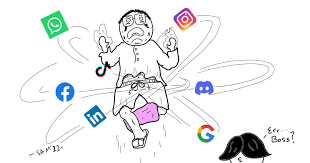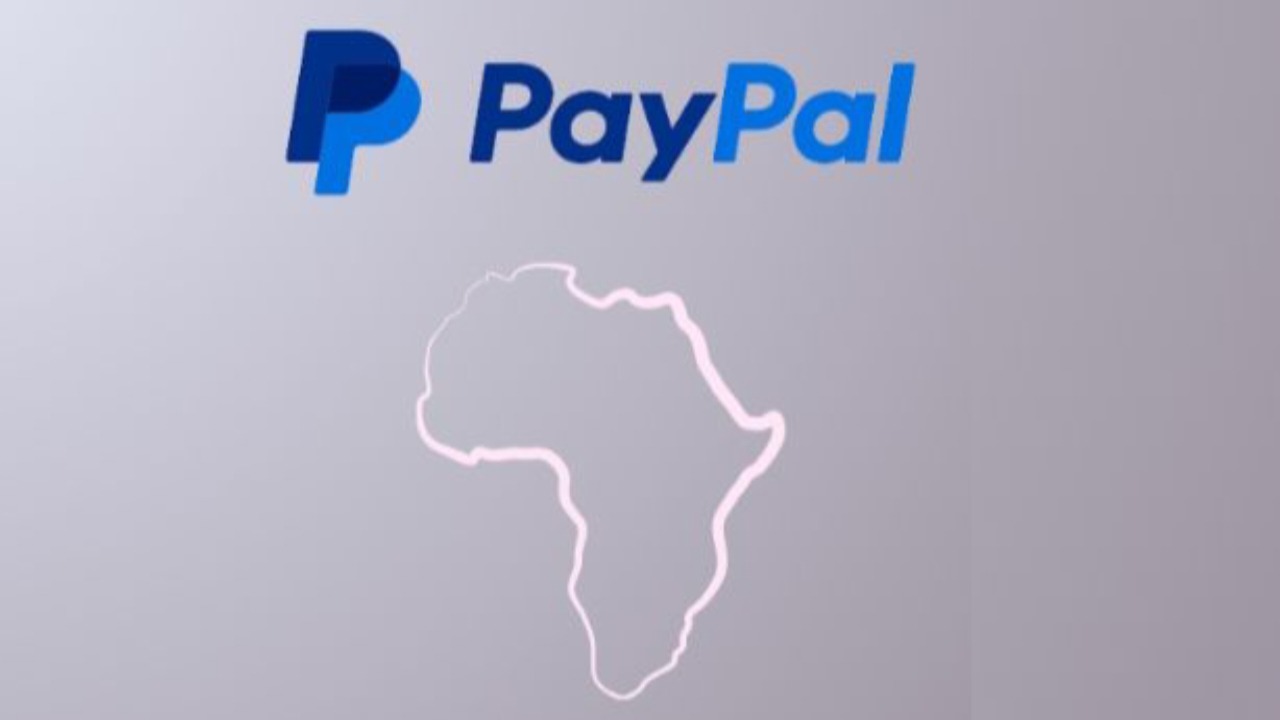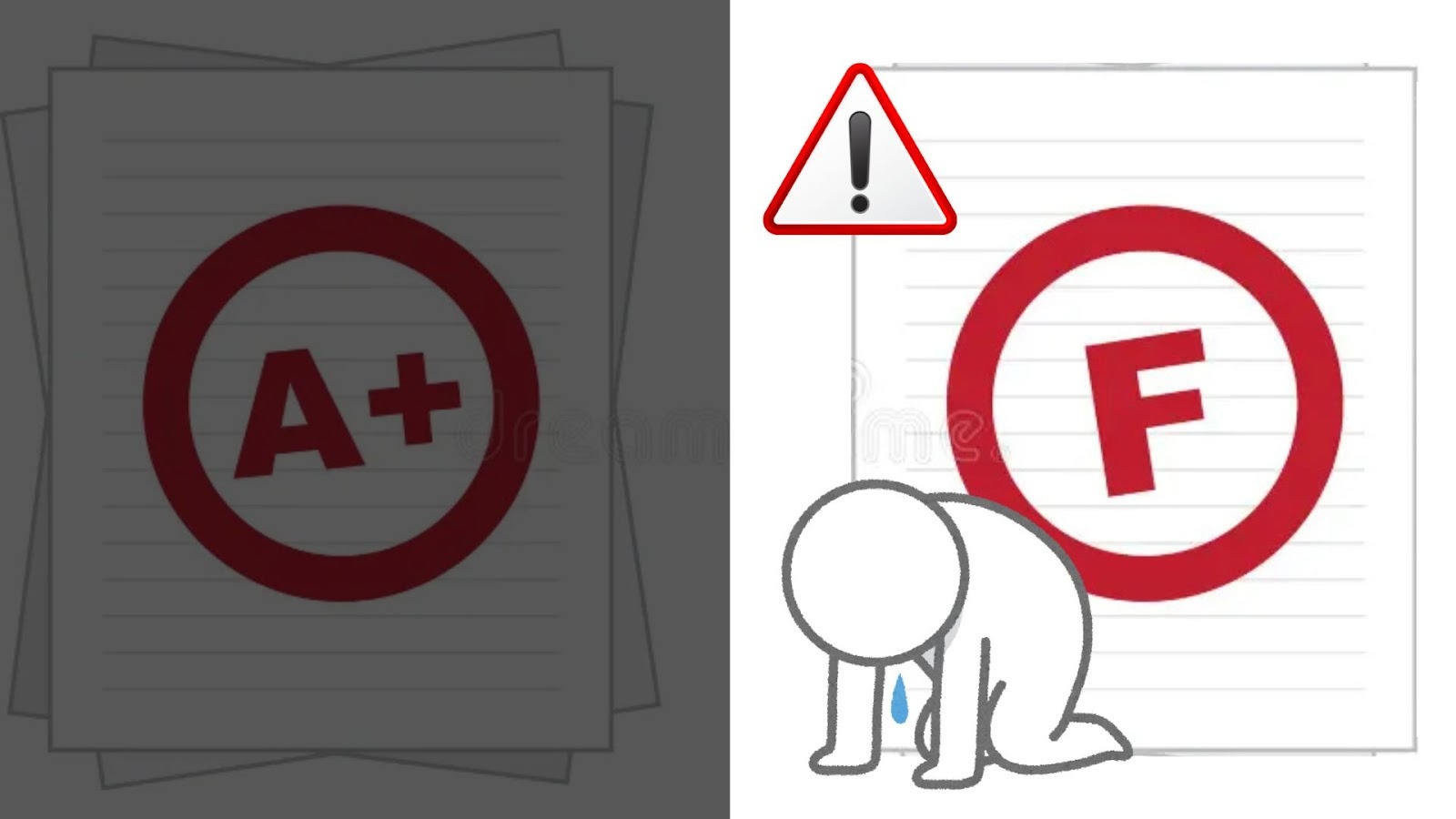The Social Media Hustle: Chasing Success or Selling Illusions?

Introduction
The average African today is hustling, striving to build a comfortable life. But alongside this drive has emerged a growing illusion, one that thrives on the internet. Social media is flooded with carefully painted success stories: flawless feeds, polished reels, and well-curated bios that suggest success is easy and can happen overnight.
Open a LinkedIn post and you might find a beautifully crafted narrative about a “successful” corporate worker, complete with an impressive bio. Yet, in reality, some of these individuals are not even employed. Still, their posts shape perception, leaving viewers questioning their own progress and battling low self-esteem.
The “hustle” as a hashtag, once meant to inspire, has in recent times grown toxic. Success today is framed online through Instagram lifestyle reels and LinkedIn updates about promotions or startups. What we see is the polished version of the digital hustle, but what we don’t see is the messy reality behind the scenes.
This begs the critical question: is today’s hustle real progress, or merely a dangerous illusion?
The Rise of the Digital Hustle Culture
Social media has transformed ambition, career pursuit, and hustling into a kind of performance. Influencers play a huge role in this, while they can promote opportunities and offer enlightenment, they also fuel the darker side of curated reels and influencer culture.
Imagine logging online and seeing a polished post about a “successful” entrepreneur or creative who claims to be making a certain amount of money within a month. What they don’t disclose is that they had been grinding in that field for months or even years before reaching that milestone. The result? Beginners dive in with the mindset of making it big in record time, dismissing the importance of deep work, focus, and consistency. When quick success doesn’t come, discouragement follows.
And then there’s the growing army of “success coaches,” motivational quotes, memes, and hustle slogans. While they might inspire briefly, they often pile pressure on the average African youth. Across cities like Lagos, Nairobi, and Accra, young people are trying to live up to these curated images, while ignoring the harsh reality of growth: it takes time, effort, and resources. Many also forget that environment and support systems play a crucial role in shaping progress within the hustle culture.
The Illusion of Overnight Success
Nobody talks about the struggles, the nights of doubt, the stress, and the trying times faced when carving a path for oneself. On social media, failure is invisible; only wins are celebrated. This selective storytelling is far more toxic and unhealthy in the workspace than we admit.
The pressure to make it onto “30 under 30” lists, to secure fast funding, to master curated productivity hacks, or to constantly post achievements for validation creates a dangerous cycle. Success is measured not by growth or fulfillment, but by applause and visibility.

The impact of all this is endless: constant comparison, fear of missing out, anxiety, low self-esteem, and even shame in embracing one’s own unique journey when it doesn’t look glamorous or move at lightning speed.
What’s often forgotten is that true success is rarely instant. It is layered with setbacks, trial-and-error, and long stretches of unseen effort. The illusion of overnight success not only misguides young people but also devalues patience, resilience, and the authenticity of gradual growth.
The Real Cost: Mental Health & Burnout
The toll on young people is alarming. According to a systematic review and meta-analysisinvolving 37,016 adolescents across Africa, approximately 27.34% experienced mental health distress (like anxiety, depression, frequent stress) in recent years.In older adolescents (roughly ages 15–19), that figure jumps to nearly29.44%.
Research in Cameroon found that among young adults aged 18-35, more than one-third (about 37.1%) reported feelings of inadequacy tied to social media use, and 21.9% believed their mental health had declined since they started using social platforms heavily.This shows that it’s not just “just anxiety,” it is measurable harm.
Young people chasing “the perfect hustle” is exhausting. They spend hours curating images and updates, polishing resumes and LinkedIn posts, buying props for Instagram shots, attending events that feel more like content fodder than real connections. The energy poured into demonstrating success can outweigh the time spent on building real skills, learning, or simply resting.
The rise in impostor syndrome, fake networking, and the need to “perform” success is real. Many youth report attending conferences and workshops more for LinkedIn and Instagram clout than for actual learning or gain. And when the show ends, there’s often a deep emptiness — because external validation is fragile.
For example: in South Africa, a UNICEF U-Report poll showed60% of youth said they needed mental health support over the past year, with many citing stress from social expectations as a contributing factor.Among medical studentsat the University of Namibia, burnout was pervasive: around 36.2% showed signs of burnout, and 43.6% indicated symptoms of depression.
Where Hustle Meets Reality: Stories of Balance
Amidst the noise of curated hustle, there are young Africans choosing a different path, one that blends ambition with honesty. Take Hanu Fejiro Agbodje, founder of Patricia Technologies (Nigeria). Hanu has openly shared how his crypto startup nearly collapsed multiple times before it found stability. His willingness to document the setbacks, not just the milestones, paints a truer picture of entrepreneurship in Africa’s volatile tech space.
Or consider Nyasha Madavo, a Zimbabwean content creator who built her platform around financial literacy. Instead of pushing “get rich quick” hacks, she speaks openly about her years of failed ventures, debt, and gradual lessons before finally gaining traction. Her story resonates with youth because it shows that the journey is often messy, nonlinear, and deeply human.
These examples show the power of authenticity. Imagine a culture where creators share their failures alongside wins, where startups document actual struggles, and where communities reward patience instead of instant results. In such a culture, the young ones can learn that success is not a straight road but a winding journey and that there is as much wisdom in setbacks as there is in achievements.
Authenticity can truly reshape the hustle culture, because it strips away illusions and allows individuals to walk into their chosen paths with clear eyes. When people understand the grind behind the glamor, they are less likely to burn out chasing fantasies and more likely to commit to deep work, consistency, and resilience.
Africans need to know that success is not cheap, but it is possible. It comes after systems are built, after skills are sharpened, and after work has been tested and refined. And when those systems begin to work for you, the rewards are not just material, they include peace of mind, credibility, and the satisfaction of having built something real and lasting.
Rethinking Success Beyond the Feed
There should be a redefinition of success: consistency over virality, skill over aesthetics, impact over likes. True success is not about how many people double-tap a photo or reshare a post, but about how much value one creates and how sustainable that value is. It is about building legacies, not just chasing clout. Sharing actual stories, the full picture, struggles and all, instead of polished highlight reels, will inspire more people than a thousand filtered wins.

Parents, educators, and mentors must act as a counterbalance to this digital mirage. They should teach young people the importance of building skills, pursuing defined growth, and understanding that success is a process, not a lottery. Quick fame and fleeting virality may look attractive, but they often fizzle out, leaving emptiness and regret. Cheap success comes with hidden costs, loss of authenticity, mental strain, and eventually irrelevance. Teaching the dangers of shortcuts while highlighting the rewards of patience will equip the next generation to thrive in reality, not illusion.
There should also be practical interventions. Creators and influencers can lead the way by promoting community over competition: hosting creative hangouts, discussion circles, and mentorship sessions. Platforms can encourage “unplugged days” moments to step away from screens and reconnect with real experiences. Honest storytelling, documenting failures as much as wins, and collaborative hustles rather than solo glam projects can shift the culture. This redefined success would not only empower individuals but also create healthier, more resilient communities that see through the illusion and embrace the real grind behind growth.
Success Without the Filter

The hustle is not the problem; the illusion is. And it must be stopped before it harms the growing generation further. There should be emphasis on the need for youth to embrace the authentic hustle, one that is rooted in discipline, skill-building, and resilience, not just what looks good for the camera or sounds catchy in a caption. True hustle is about showing up daily, even when no one is watching, and creating value that lasts beyond social media trends.
And the next time you hear the word hustle, it shouldn’t be about struggling endlessly to survive or outsmarting the system for cheap, short-lived wins. Instead, it should mean finding a balance between work and rest, ambition and well-being. Hustle should empower, not enslave. It should create progress, not pressure. Because when success is stripped of the filters, what remains is purpose, consistency, and fulfillment.
You may also like...
Super Eagles Fury! Coach Eric Chelle Slammed Over Shocking $130K Salary Demand!
)
Super Eagles head coach Eric Chelle's demands for a $130,000 monthly salary and extensive benefits have ignited a major ...
Premier League Immortal! James Milner Shatters Appearance Record, Klopp Hails Legend!

Football icon James Milner has surpassed Gareth Barry's Premier League appearance record, making his 654th outing at age...
Starfleet Shockwave: Fans Missed Key Detail in 'Deep Space Nine' Icon's 'Starfleet Academy' Return!

Starfleet Academy's latest episode features the long-awaited return of Jake Sisko, honoring his legendary father, Captai...
Rhaenyra's Destiny: 'House of the Dragon' Hints at Shocking Game of Thrones Finale Twist!

The 'House of the Dragon' Season 3 teaser hints at a dark path for Rhaenyra, suggesting she may descend into madness. He...
Amidah Lateef Unveils Shocking Truth About Nigerian University Hostel Crisis!

Many university students are forced to live off-campus due to limited hostel spaces, facing daily commutes, financial bu...
African Development Soars: Eswatini Hails Ethiopia's Ambitious Mega Projects

The Kingdom of Eswatini has lauded Ethiopia's significant strides in large-scale development projects, particularly high...
West African Tensions Mount: Ghana Drags Togo to Arbitration Over Maritime Borders

Ghana has initiated international arbitration under UNCLOS to settle its long-standing maritime boundary dispute with To...
Indian AI Arena Ignites: Sarvam Unleashes Indus AI Chat App in Fierce Market Battle

Sarvam, an Indian AI startup, has launched its Indus chat app, powered by its 105-billion-parameter large language model...






